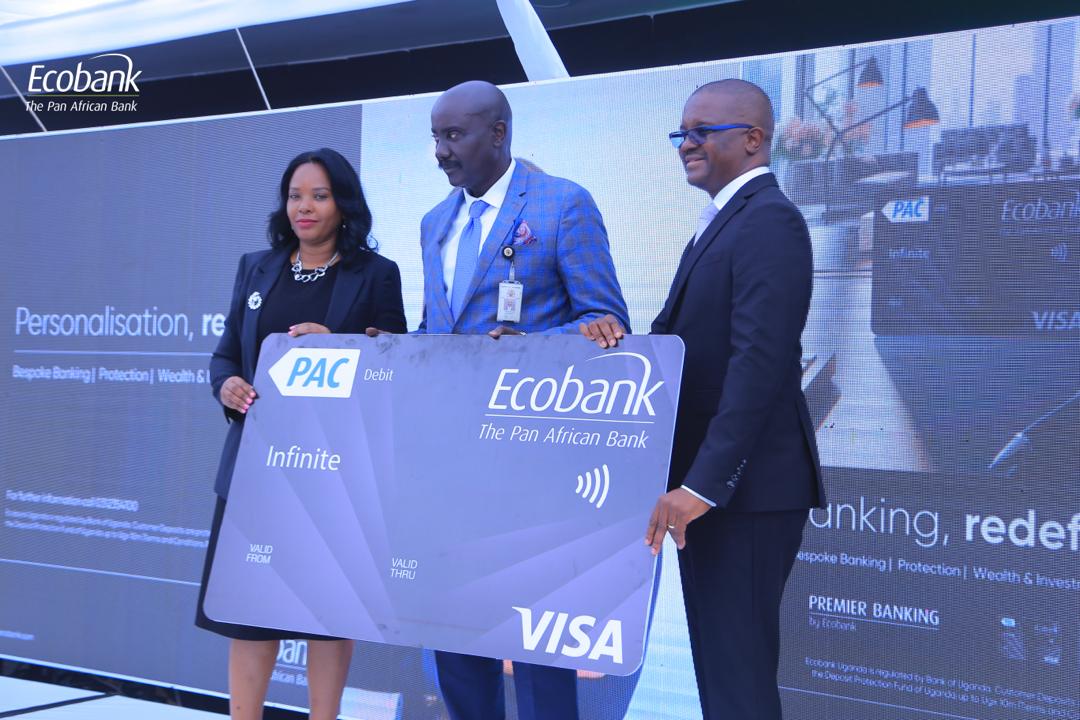Prime
Islamic approach to development missing in PDM

Sulaiman Lujja
What you need to know:
- PDM Saccos need to adopt Islamic windows where they can offer Islamic products and services to their members, especially in the Muslim community, to avoid Riba.
Government has rolled out several development programmes without Islamic windows to accommodate Muslims who adhere to Islamic teachings on Riba (interest). This has caused the incidence of poverty to remain very high, especially in rural Muslim dominated communities (such as East and West Nile sub-region).
Consequently, this has limited the impact of these programmes towards addressing Uganda’s strategic bottlenecks and the realisation of the National Development Plan III and Vision 2040.
The Parish Development Model (PDM), a multisectoral strategy that aims to improve income and welfare of Ugandans, has also fallen victim of Riba (interest). Adoption of Islamic window in PDM Sacco shall help onboard the Muslim community onto these programmes to improve livelihood and sustainable development of the country.
However, since the rule of thumb in transactions is permissibility, majority of PDM Sacco functions are permissible in the eyes of Shari’ah, this article highlights a few of these functions that need to embrace the Islamic perspective in order to respond to unique requirements of Muslims.
Although government extends the Parish Revolving Fund (Shs100 million) to the PDM Sacco as a grant (requiring no any sort of Riba from the PDM Sacco).
The PDM Sacco lends these funds to its members at an interest rate of 5 percent per annum. Although this rate is way below the market rates (intended to merely cater for inflation and administrative cost), Shari’ah considers it Riba and non-permissible.
Quran condemns Riba (interest) in 12 verses. The word Riba itself appears eight times in Quran, three times in 2:275 and one time each in 2:276; 2:278; 3:130; 4:161 and 30:39. This is evidence that Riba (interest) is a great sin in Islam.
Riba is any increase (over and above the principal amount) or benefit stipulated at the time of the contract in case of loans as well as the subsequent increases (in case the loan or the debt arising from sale on credit is rolled over) when the debtor does not pay it at the time stipulated in the contract.
The prohibition of Riba should not be construed as a sabotage to development. This is because Islam offers alternative approaches to be adopted by financiers (such as PDM Saccos) to avoid injustice of demanding a contractual increase (over and above the principle) without accepting risks and liabilities.
PDM can offer Islamic products such as;
1) Equity-based financing products (such as Mudaraba (profit sharing) and Musharaka (profit and loss sharing). These products create partnership between the PDM Sacco and its member. There is no guarantee from the member to pay profit or capital in case of genuine business loss unless when the loss is caused by negligence or misconduct. These products shall make the PDM Sacco more committed and supportive to its members, so as to avoid loses.
2) Debt-based financing products (such as Salam/ agriculture financing, Murabaha/asset financing, Ijarah/lease financing, and Qard Hassan/benevolent loan). Like conventional financial products, these products create an obligation on the member to pay the principle and profit to mitigate potential moral hazards and to safeguard the PDM Saccos funds.
3) Kafalah (guarantee). The PDM Sacco helps members, who do not have collateral, to obtain further financing from other sources in order to expand their activities beyond the parish revolving fund limit of Shs100 million in a year.
4) Hawalah (debt transfer) financing. The PDM Sacco member transfers his/her receivables to the PDM Sacco. The PDM Sacco then provides quick cash (at a fee to facilitate working capital to continue production) and later collects the receivables from the member’s trading partners (supermarkets and off takers).
5) Micro-takaful (Islamic Micro-insurance). The PDM Sacco protects members through education, product transparency, complain handling, and dispute resolution.
The PDM Saccos need to adopt Islamic windows where they can offer Islamic products and services (in agricultural production, value addition, agricultural marketing, environmental conservation, agribusiness etc.) to their members (who are the engine of growth for Uganda’s economy) especially in the Muslim community that are obligated to avoid Riba.
Dr Sulaiman Lujja is the head of Islamic Banking & Finance Department, Islamic University in Uganda




